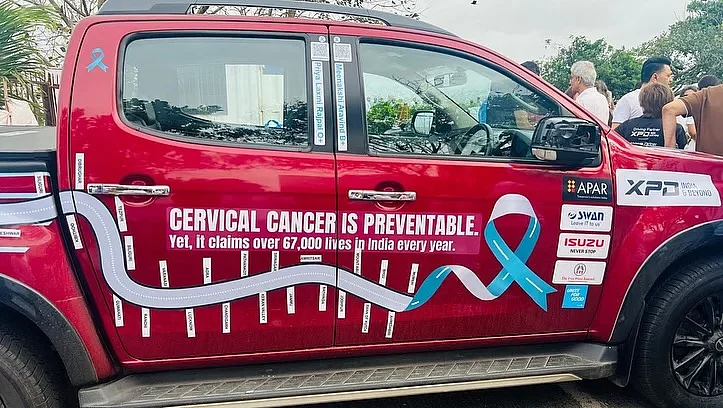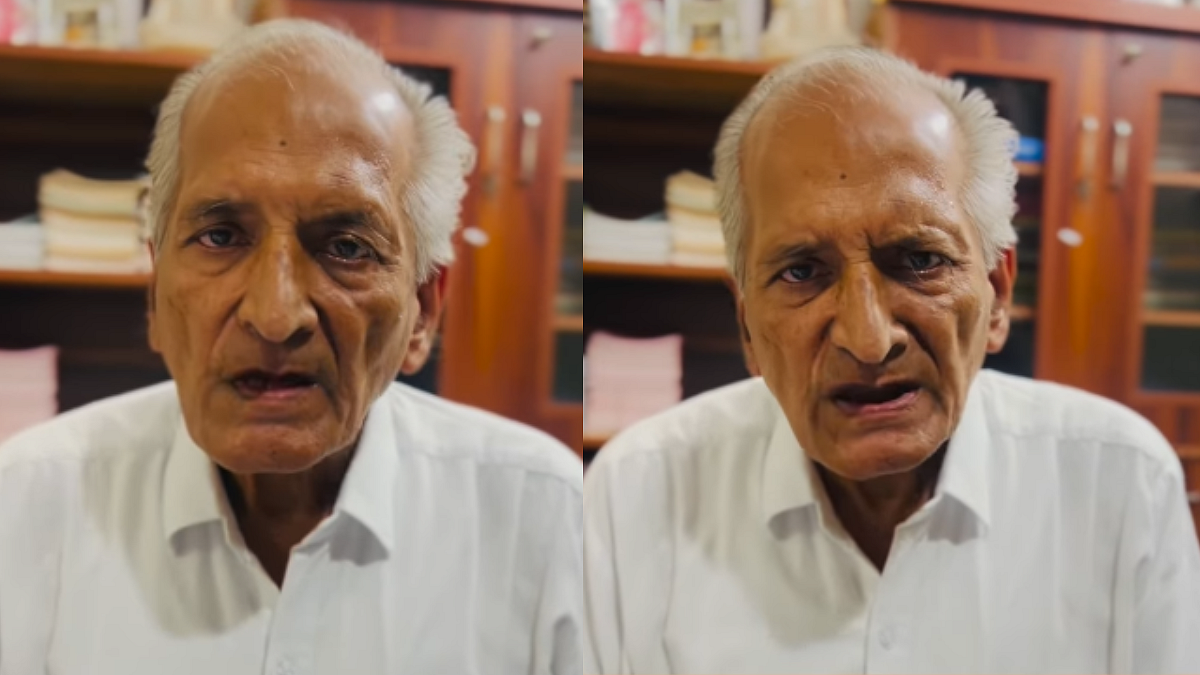India is facing a severe obesity crisis, placing it among the top three countries with the highest prevalence of obesity. Alarmingly, 70% of the population is classified as overweight, creating a significant public health challenge.
This epidemic is linked to a rise in life-threatening conditions such as cardiovascular diseases, diabetes, cancer, hypertension, respiratory issues, musculoskeletal disorders, and liver ailments.

In this context, Glucagon-like peptide-1 (GLP-1) agonist drugs have gained prominence, sparking widespread debate in medical and public health circles. These treatments have drawn attention to the complex nature of obesity, but they also raise concerns about potential side effects and affordability.
These drugs are associated with risks including nausea, vomiting, diarrhoea, gallbladder disease, pancreatitis, thyroid cancer, and harm to foetal health. Moreover, the high cost—approximately $1,000 a month in the US and an estimated Rs 15,000 monthly in India—makes them inaccessible for many.
Interestingly, in the United States, where these medications have been available longer, there is notable hesitation among users due to greater awareness of side effects and questions about long-term efficacy.
A survey by Morning Consult for the Physicians Committee for Responsible Medicine (PCRM), conducted on September 5, 2024, with 2,205 adults, revealed that 73% of Americans seeking weight loss disagreed with using injectables for weight management. Furthermore, 62% preferred dietary changes over such treatments.
Another study by Blue Cross Blue Shield affiliate Prime Therapeutics found high discontinuation rates, with fewer than half of users continuing the drugs after six months and less than one-third using them after a year, despite the likelihood of regaining lost weight upon stopping.
Experts have emphasised the benefits of dietary interventions over medication for sustainable weight loss. “A low-fat, plant-based diet has been shown to be as effective or more effective at lowering weight compared with weight loss medication,” said Dr Vanita Rahman, MD, an internal medicine physician with the PCRM.
“An appropriately planned plant-based diet avoids the long list of side effects associated with GLP-1 receptor agonists, is incomparably more affordable and is an overall healthier approach to long-term weight loss,” she added.

Canva
The survey also highlighted a strong interest in plant-based diets, with 68% of individuals seeking weight loss expressing willingness to try such diets if they could lead to significant results.
While GLP-1 drugs are recommended as a supplement to lifestyle and dietary changes, the findings underline the critical role of sustainable dietary habits, such as adopting a low-fat, plant-based diet, in addressing obesity.











